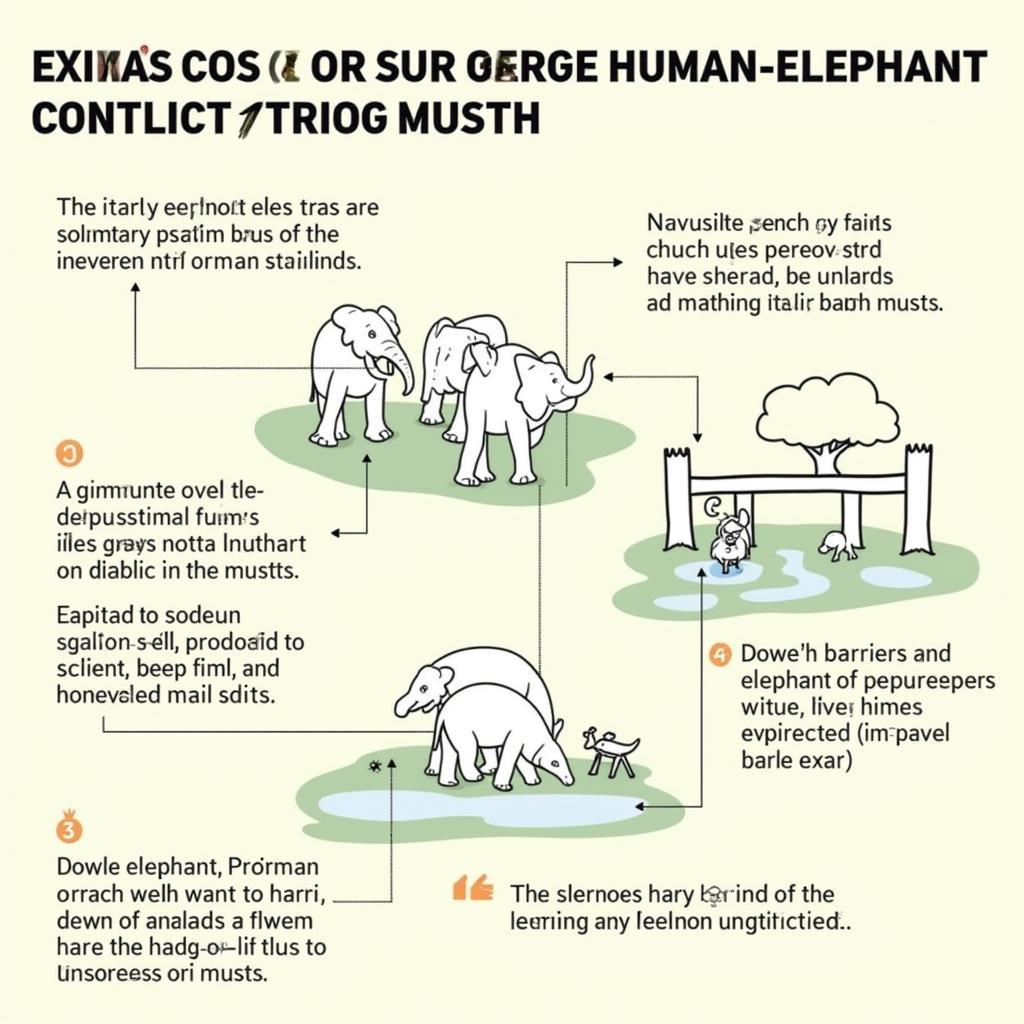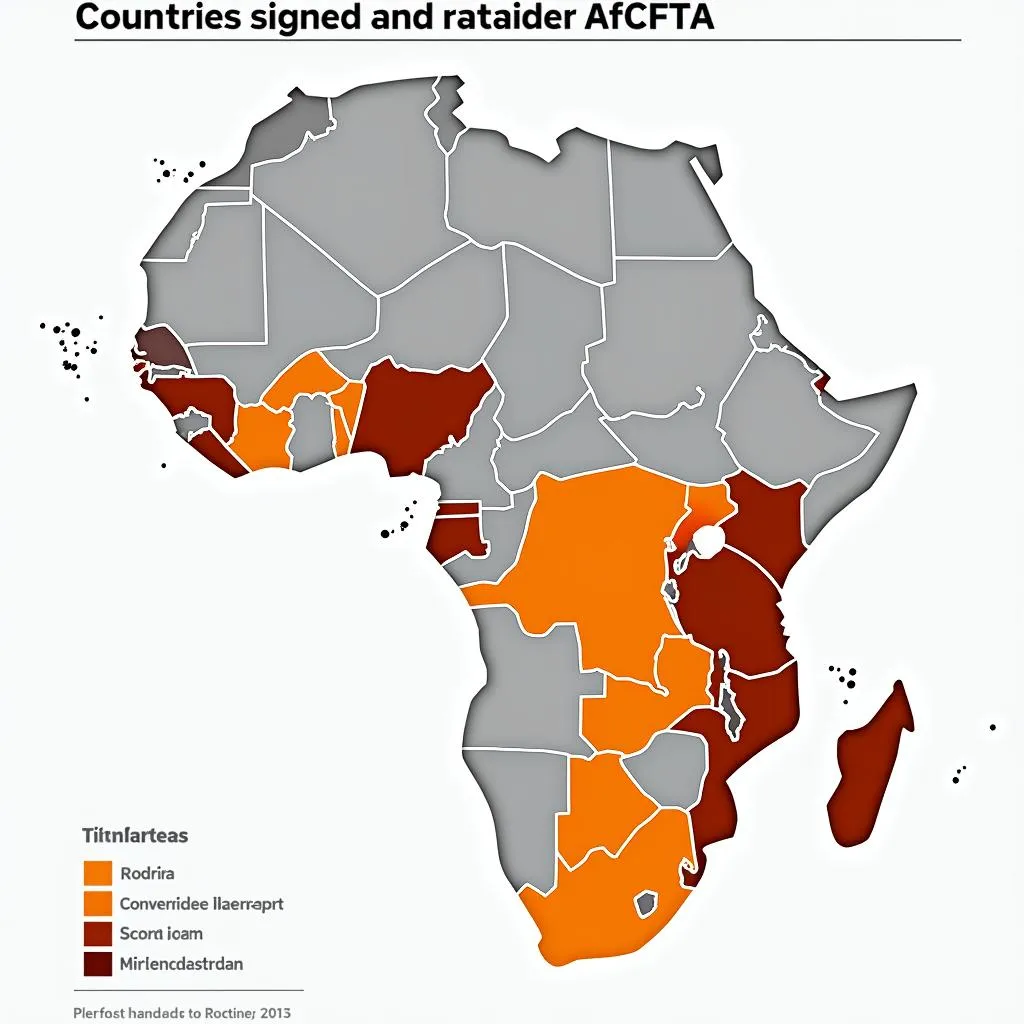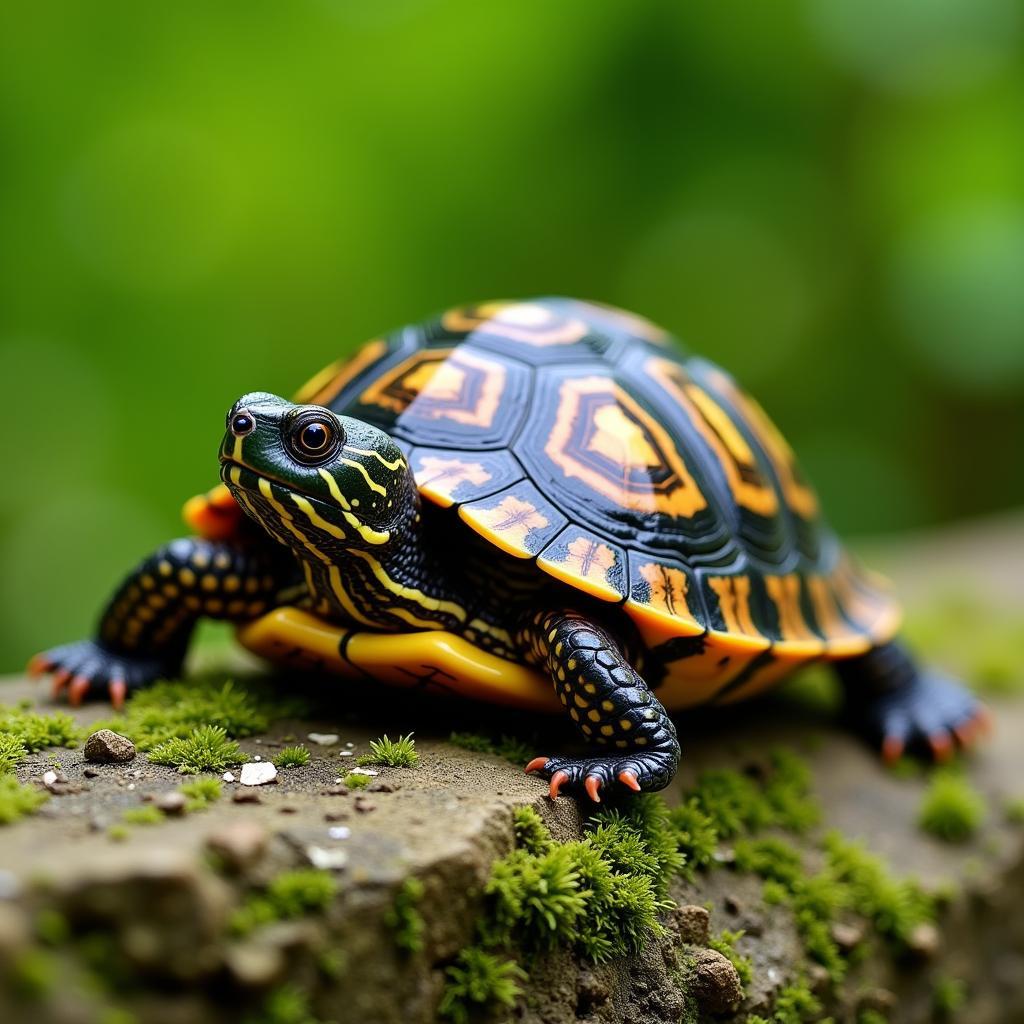African Control of Musth in an Elephant Bull
African Control Of Musth In An Elephant Bull is a complex interplay of biological, social, and potentially even cultural factors. Musth, a periodic state of heightened aggression and testosterone in male elephants, presents a fascinating study in animal behavior and dominance hierarchies. Understanding how these magnificent creatures manage and navigate this intense period is crucial for conservation efforts and for appreciating the intricacies of elephant society.
The Biology of Musth: Understanding the Basics
Musth is a distinct physiological and behavioral state in male African elephants, characterized by a dramatic surge in reproductive hormones, notably testosterone. This hormonal flood triggers a cascade of physical and behavioral changes, including temporal gland secretions, urine dribbling, and increased aggression. While the exact timing and duration of musth vary between individuals and even within the same individual over time, it generally occurs annually and can last from a few weeks to several months. A bull elephant in musth is a formidable presence, often exhibiting restlessness, heightened sensitivity to stimuli, and a pronounced willingness to engage in dominance displays.
A young male African elephant typically experiences his first musth between the ages of 20 and 30, although some may enter musth earlier. As the bull ages, the duration and intensity of his musth periods tend to increase. Older, larger bulls often experience the most intense and prolonged musth, solidifying their position within the complex social hierarchy. These older bulls are more likely to successfully mate during their musth periods, passing on their genes to the next generation.
Social Dynamics and Musth: Navigating the Hierarchy
Musth plays a crucial role in shaping the social dynamics of African elephant herds. While female-led herds typically operate based on matriarchal leadership, male elephants exist in a more fluid and dynamic social structure. Musth becomes a key factor in establishing dominance hierarchies among males. Bulls in musth are more likely to challenge other males, engaging in aggressive displays, pushing contests, and even outright fights to assert their dominance. This constant jockeying for position ensures that the strongest and most reproductively fit males have the greatest access to females during their estrous cycles.
The presence of a bull in musth can significantly impact the behavior of other elephants within the vicinity. Younger, less dominant males will typically avoid direct confrontation with a musth bull, opting instead to defer and move away. Even larger bulls not currently in musth may choose to avoid a confrontation with a musth bull, recognizing the heightened aggression and potential for serious injury.
Human Intervention and Management of Musth: A Conservation Perspective
While musth is a natural process crucial for elephant social structures and reproductive success, it can present challenges in certain contexts, especially in areas where elephants and humans interact closely. Instances of human-wildlife conflict involving musth bulls have been reported, highlighting the need for effective management strategies. These strategies can include monitoring elephant populations to identify musth bulls, implementing measures to deter elephants from entering human-populated areas, and educating local communities about elephant behavior and safety precautions during musth periods.
Understanding the complexities of male African elephant behavior, particularly during musth, is crucial for developing effective conservation strategies. These strategies must consider both the biological imperatives of the elephants and the safety and well-being of the communities living alongside them. A nuanced approach, combining scientific research with community engagement, is essential for ensuring the long-term survival of these magnificent creatures.
 Strategies for Managing Human-Elephant Conflict During Musth
Strategies for Managing Human-Elephant Conflict During Musth
Conclusion: The Ongoing Fascination of Musth
African control of musth in an elephant bull remains a captivating area of study, offering valuable insights into the intricate world of elephant behavior and social dynamics. By continuing to research and understand the biological and social mechanisms underlying musth, we can better equip ourselves to protect these magnificent animals and ensure their continued survival in the face of increasing human pressures. Learning about the complexities of african bull elephant penis and watching an african elephant mating video provides further insight into their reproductive behaviour. Further research is crucial for developing more effective conservation strategies and mitigating human-wildlife conflict.
FAQ
- What is the primary purpose of musth in elephants?
- Musth plays a key role in establishing dominance hierarchies among male elephants and increasing their chances of reproductive success.
- How often does musth occur in male elephants?
- Musth typically occurs annually, although the exact timing and duration vary between individuals.
- How do other elephants react to a bull in musth?
- Younger, less dominant males generally avoid musth bulls, while even larger bulls not in musth might choose to avoid confrontation.
- What are some of the challenges associated with managing musth in areas with human populations?
- Musth can increase the risk of human-wildlife conflict, requiring careful monitoring and management strategies.
- How can we contribute to the conservation of elephants and mitigate human-wildlife conflict related to musth?
- Supporting research, promoting community education, and implementing effective management strategies are crucial for elephant conservation and mitigating human-wildlife conflict.
- What are the signs of musth in an elephant?
- Signs include temporal gland secretions, urine dribbling, increased aggression, and restlessness.
- How long does musth typically last?
- Musth can last from a few weeks to several months, depending on the individual and their age.
When you need assistance, please contact us: Phone: +255768904061, Email: kaka.mag@gmail.com or visit our address: Mbarali DC Mawindi, Kangaga, Tanzania. Our customer care team is available 24/7.



